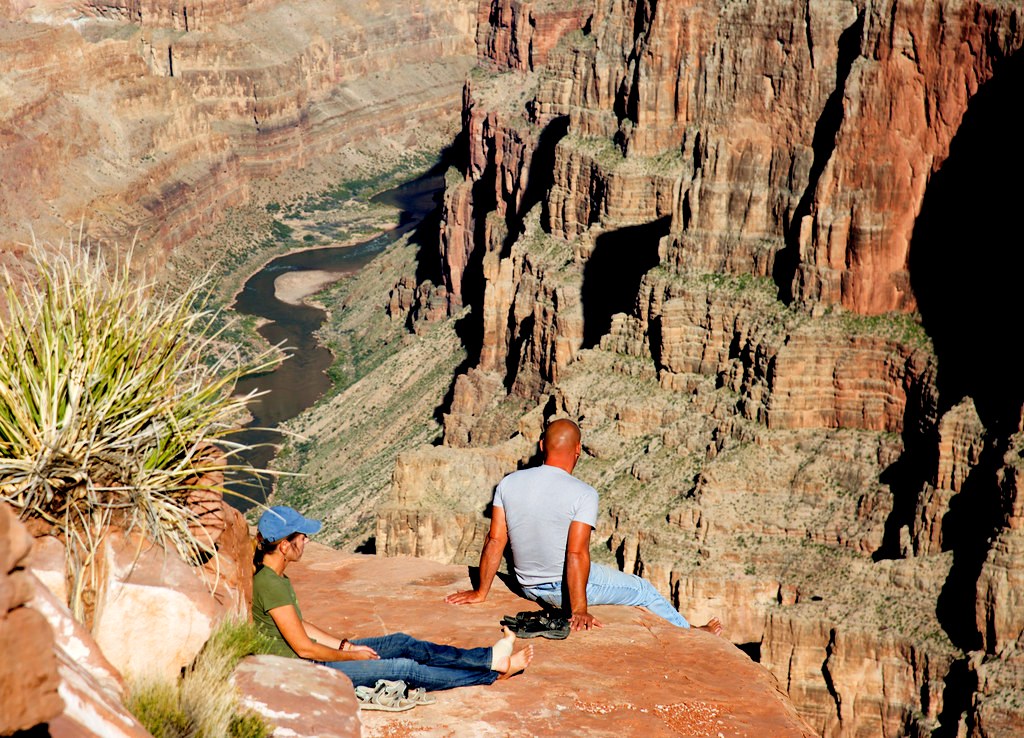
This spring Richard Fisher at BBC Future has commissioned a series of essays about long-termism: Deep Civilisation. I really like this effort (and not just because I get the last word):
- The perils of short-termism: civilization’s greatest threat by Richard Fisher.
- Technology in deep time: how it evolves alongside us by Tom Chatfield.
- Are we on the road to civilisation collapse? by Luke Kemp.
- Why we need to reinvent democracy for the long-term by Roman Krznaric.
- Why catastrophes can change the course of humanity by Seth Baum.
- How and why did religion evolve? by Brandon Ambrosino.
- Why the ‘post-natural’ age could be strange and beautiful by Lauren Holt.
- How art and culture can help us rethink time by Ella Saltmarshe and Beatrice Pembroke.
- How to build something that lasts 10,000 years by Alexander Rose.
- Deep ethics: the long-term quest to decide right from wrong by Simon Beard.
- The simple rule that can help you predict the future by Tom Chatfield.
- Strange evolution: the weird future of life on Earth by Mico Tatalovic.
- Has humanity reached ‘peak intelligence’? by David Robson
- The greatest long+term threats facing humanity by Anders Sandberg.
“Deep history” is fascinating because it gives us a feeling of the vastness of our roots – not just the last few millennia, but a connection to our forgotten stone-age ancestors, their hominin ancestors, the biosphere evolving over hundreds of millions and billions of years, the planet, and the universe. We are standing on top of a massive sedimentary cliff of past, stretching down to an origin unimaginably deep below.
Yet the sky above, the future, is even more vast and deep. Looking down the 1,857 m into Grand Canyon is vertiginous. Yet above us the troposphere stretches more than five times further up, followed by an even vaster stratosphere and mesosphere, in turn dwarfed by the thermosphere… and beyond the exosphere fades into the endlessness of deep space. The deep future is in many ways far more disturbing since it is moving and indefinite.
That also means there is a fair bit of freedom in shaping it. It is not very easy to shape. But if we want to be more than just some fossils buried inside the rocks we better do it.
The problem with the discussion of far future possibilities is that it all sounds good until you suddenly remember that stars have been born and dying for long before humanity arrived. Thus the Fermi Paradox – where is everybody else?
The future may be stranger than we can imagine.
PS. The Grand Canyon is indeed overwhelming.
My Grand Canyon story is that we arrived on the local bus among a crowd of USA tourists. Everybody walked through towards the viewing platform talking loudly non-stop. When we arrived there was a communal gasp and dead silence fell. You could have heard a pin drop. It really is that impressive.